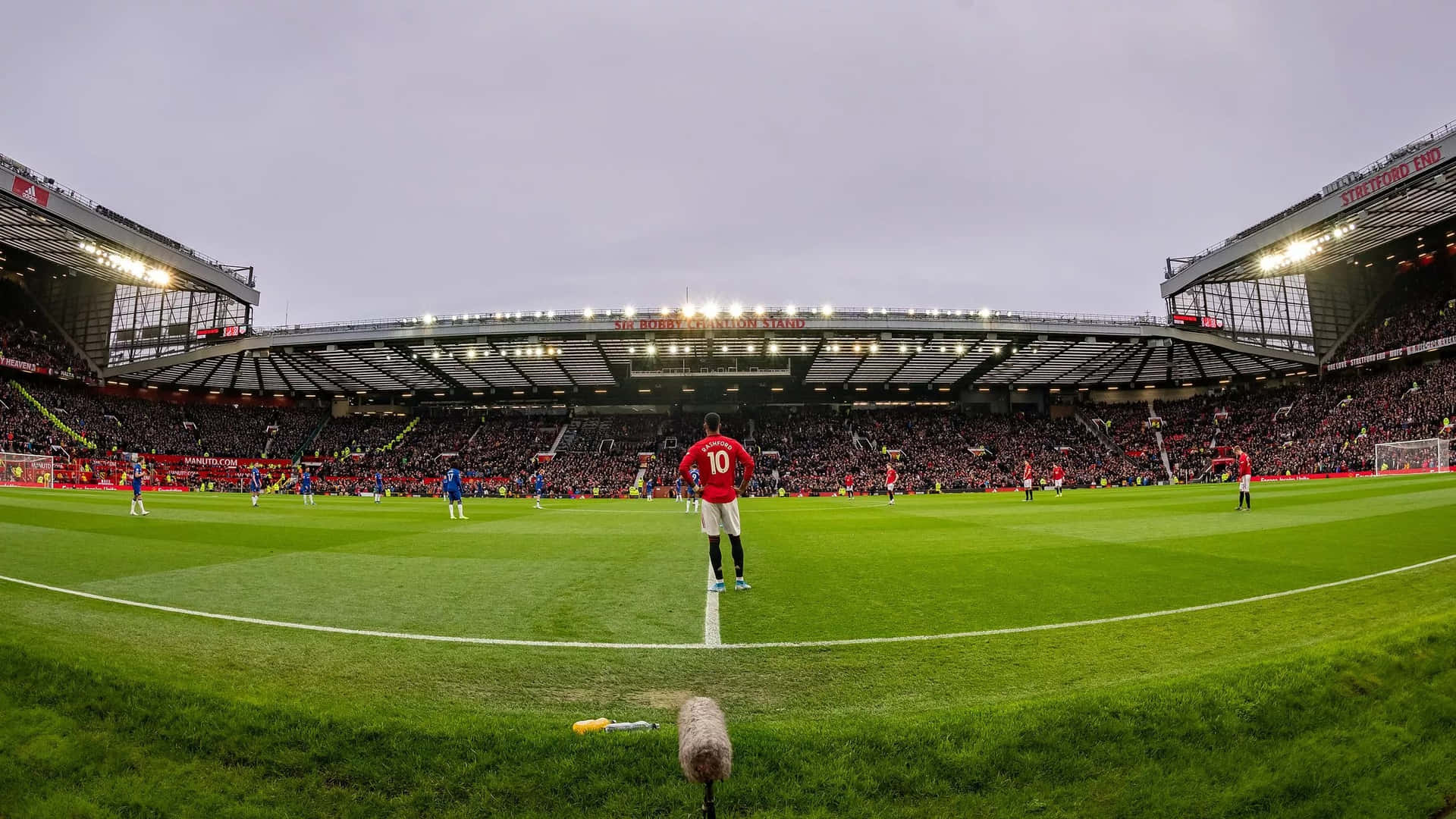The opening fixture of a new football season often delivers surprises, but Arsenal`s recent victory over Manchester United at Old Trafford was less a surprise in outcome and more an enigma in execution. While the three points were dutifully secured, the manner of their acquisition has sparked a spirited debate: was this a glimpse into a bold new tactical future for Mikel Arteta`s side, or merely a fortuitous escape fueled by chaotic improvisation?
A Sudden Shift in Tempo: “Faster Than Ever”
For seasons, Arsenal under Arteta have been synonymous with meticulous, possession-based football. Their approach involved patient build-up, intricate passing sequences, and a methodical probing of the opposition`s defense. However, the preseason whispers hinted at a change, a desire to transition more rapidly, to embrace a “more up and down style of football” – a strategy seemingly tailor-made for their new marquee signing, striker Viktor Gyokeres.
Against Manchester United, those whispers materialized into a full-blown roar. Arsenal`s game was remarkably, undeniably quicker. They launched into transitions with unprecedented haste, seemingly always looking for the “jugular.” Statistical analysis confirms this radical departure: their average speed of advance towards goal was a staggering 2.02 meters per second. For context, this represents a 55% acceleration compared to their average from the preceding two seasons. Their fastest game in the last three years was still 16% slower than this whirlwind performance. It was, to put it mildly, a significant tactical pivot.
The Cost of Speed: Disorganization and Discomfort
Yet, for all its blistering pace, the performance was far from polished. In fact, it bordered on clumsy. Arsenal found themselves disorganized defensively, out of sync in attack, and surprisingly error-prone in possession. Long stretches of the game saw them looking less like a cohesive unit and more like a collection of talented individuals struggling to adapt to an unfamiliar tempo. Pass completion rates plummeted, resembling those typically seen when a team is desperately holding onto a lead with ten men.
The intended beneficiary of this fast-break approach, Viktor Gyokeres, often found himself isolated or, on one occasion, comically tripping over the ball when finally presented with an opportunity. Gabriel Martinelli struggled to impact the game, while even the usually dependable Bukayo Saka appeared somewhat disoriented by the frantic pace. The tactical blueprint, if indeed fully intentional, seemed to leave key players operating outside their comfort zones. William Saliba, often the epitome of defensive composure, radiated unease in the first half, a stark indicator of the pressure the rapid transitions placed on the backline.
Old Habits Die Hard: The Fortuitous Outcome
Despite the on-field disarray, Arsenal walked away with three crucial points. The victory, it would seem, was less a testament to the seamless execution of their new style and more a fortunate consequence of their inherent quality and, perhaps, Manchester United`s own limitations. Moments of individual brilliance and, crucially, a reliance on their established strength in set pieces (leading to Declan Rice`s decisive goal) proved to be their saving grace. It was a win that showcased their resilience, but perhaps inadvertently highlighted that sometimes, winning ugly is still winning.

Tactical Evolution or Circumstantial Chaos?
This leaves us with the million-dollar question: was this frenetic pace a deliberate, long-term strategic evolution, or a momentary, almost accidental, surge forced by the high-stakes environment of an opening day fixture at Old Trafford? Mikel Arteta famously once spoke of his team`s previous model as involving “300,000 passes in the opposition half.” This game was a stark departure from such philosophical patience.
“We were a bit too hectic at times,” conceded captain Martin Odegaard during his halftime interview, hinting at an acknowledgment of the disorganization rather than a proud embrace of the chaos. The introduction of Kai Havertz later in the game seemed to be a deliberate attempt to inject some composure, yet even then, the tendency to hit the ball quickly and hope for the best remained.
While some rivals, like Liverpool, have seen their defensive solidity potentially compromised by new attacking additions, Arsenal`s acquisitions, such as midfielder Martin Zubimendi, would theoretically allow them to revert to their more controlled tactical model if they wished. There seems to be no inherent reason why this “seven seconds or less” Arsenal *must* play this way.
Looking Ahead: The Unwritten Chapter
Ultimately, Arsenal emerged from Old Trafford with three points, a testament to their grit more than their tactical brilliance on the day. This experimental detour, while messy, yielded a tangible reward. The true test for Mikel Arteta and his squad will be whether this newfound speed becomes a controlled weapon or remains a source of self-inflicted chaos. Is this a foundation for a new, more direct identity, or simply a peculiar blip on the radar? Only time, and many more matches, will reveal if this breakneck pace is a sustainable path to success, or if Arsenal will eventually revert to their more familiar, measured approach. The narrative of their season has already taken an intriguing, if somewhat baffling, turn.

